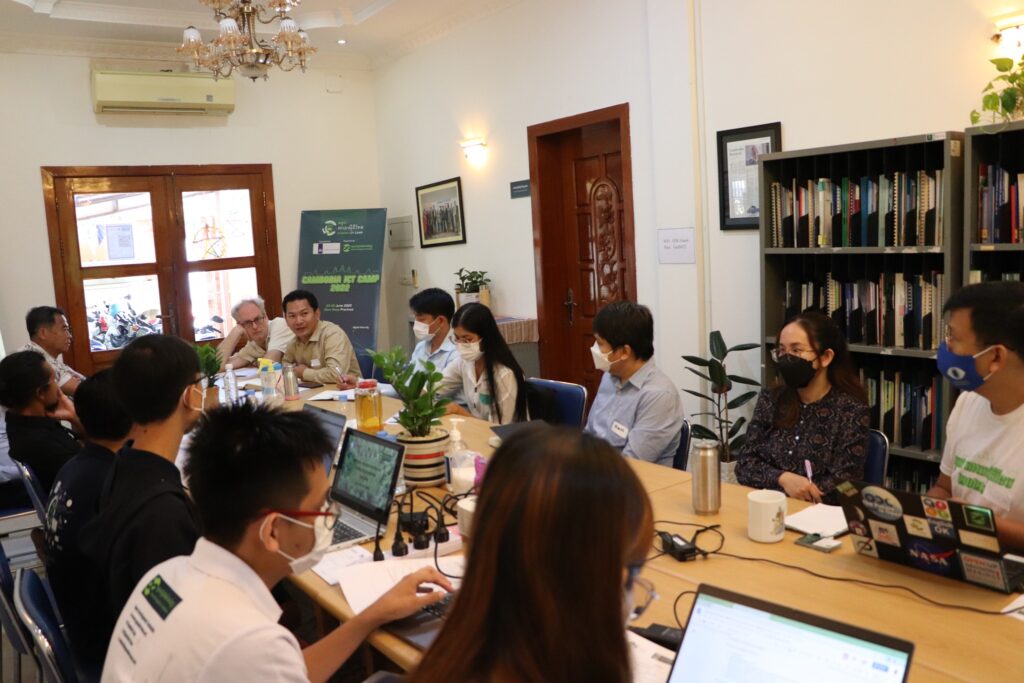The second cluster convention was held on 19 December 2022, at the FHI 360 Office in Phnom Penh, with 25 participants (06 females). The convention brought together the Ministry of Land Management, Urban Planning and Construction (MLMUPC), the Ministry of Interior (MoI), civil society organizations (CSOs), community-based organizations (CBOs), media groups, and representatives of indigenous people from Preah Vihear, Ratanakiri, and Mondulkiri provinces.
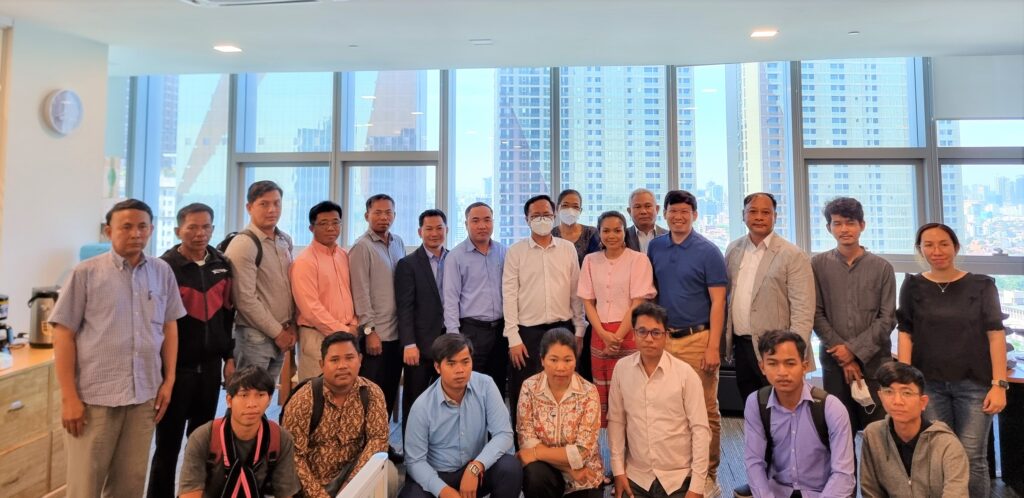
Open Development Cambodia (ODC) hosted the convention, which was funded by the United States Agency for International Development (USAID) through Family Health International (FHI 360) under Cluster Anchor Grant from the Civil Society Support (CSS) Project. ODC is the anchor and collaborates with three cluster members: CamboJA, the Conserve Indigenous Peoples Language Organization (CIPL), and Young Eco Ambassadors (YEA). The project aims to make natural resource management (NRM) more sustainable, inclusive, and participatory by incorporating Indigenous Peoples’ needs and concerns. ODC hosted an initial cluster convention on 13 September 2022 to involve all the cluster members and networks to build the networks, learn from each other, map the significant strategy, and step on further activity on the natural resource management (NRM) advocacy in Cambodia. In this convention, we will update the progress of the indigenous communal land titling in Cambodia, which is a curious and significant topic for today’s talk. The convention aims to:
- Create a friendly environment for networks to learn and share
- Keep current updates on the indigenous communal land titling in Cambodia
- Encourage cluster members and stakeholders to work together.
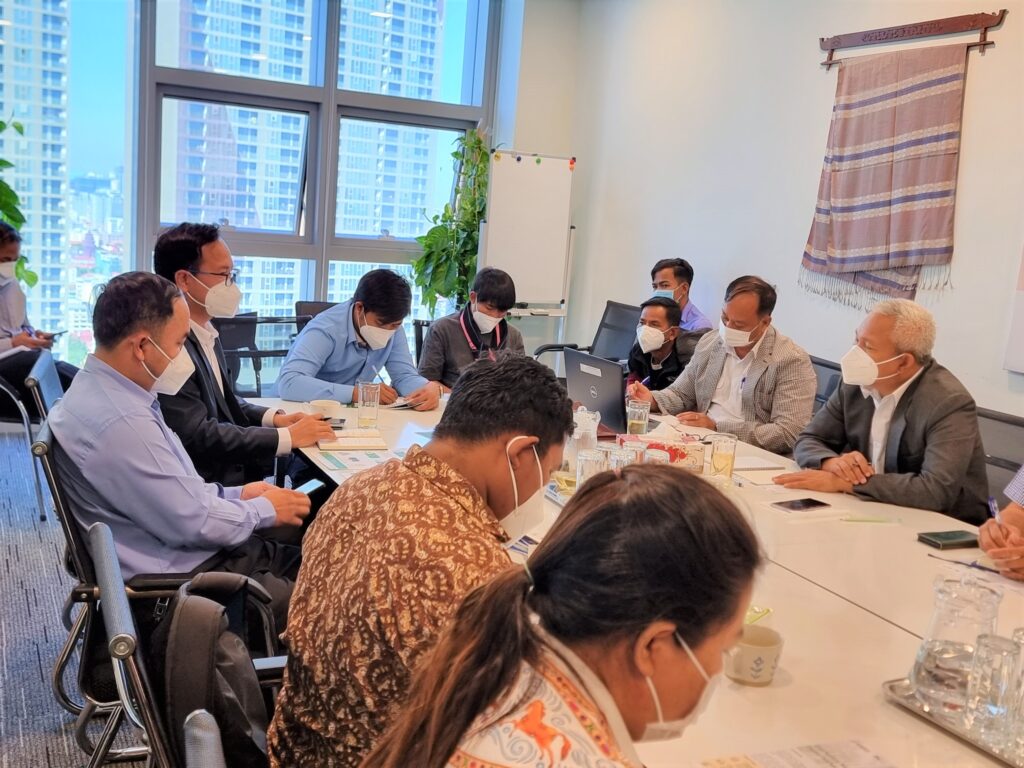
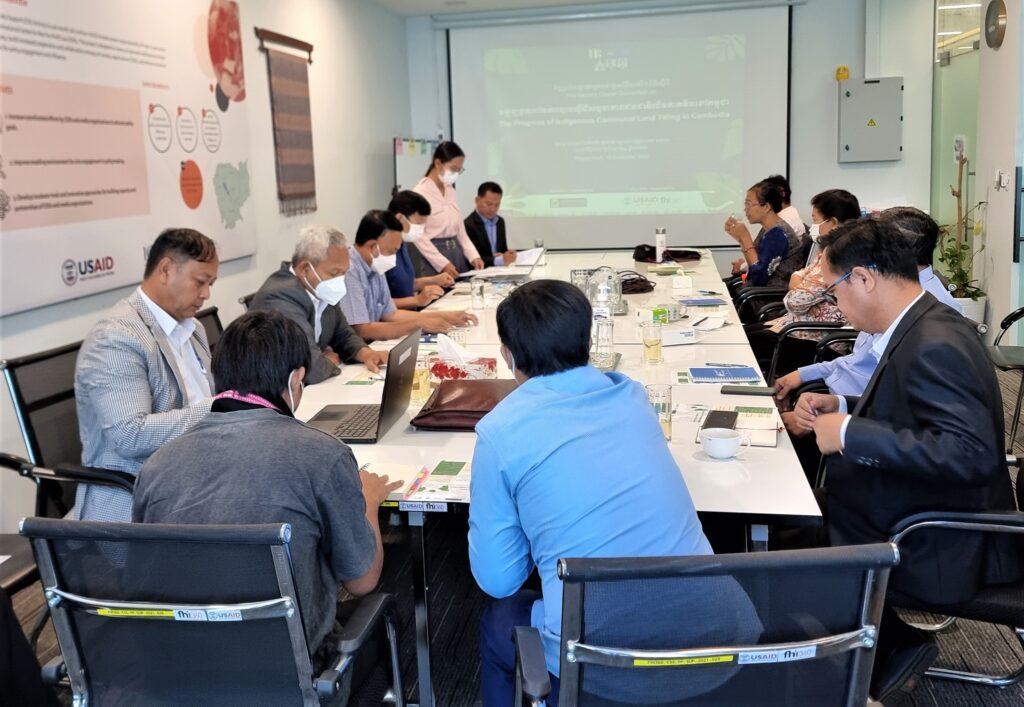
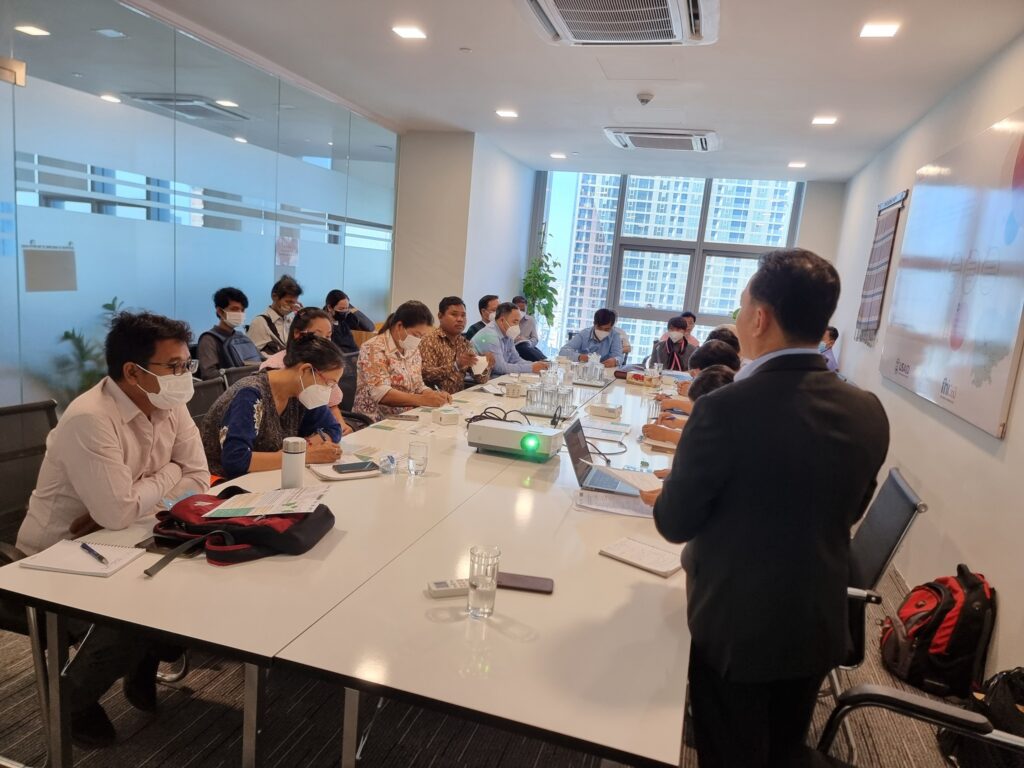
The representative of the Ministry of Land Management, Urban Planning and Construction (MLMUPC) and the Ministry of Interior (MoI) shared the current update on the indigenous communal land titling. Currently, 152 indigenous communities have registered as legal entities with the MoI, while 94 communities have requested communal land titles from the MLMUPC. Due to various challenges and encounters, 26 of these communities were suspended. Some people may be interested in obtaining private land ownership to sell or in obtaining a micro-finance loan. In some cases, the requested land overlaps with natural protected areas and forest cover 2002 established by the Ministry of Environment (MoE) and the Ministry of Agriculture, Forestry and Fisheries (MAFF). Currently, 38 indigenous communities in four provinces have received communal land titles totaling 39,342 hectares: Stung Treng (02 communities), Kratie (04 communities), Mondulkiri (07 communities), and Ratanakiri (25 communities). Two more communities are expected to receive communal land titles by January 2023.
The convention also discussed the challenges of land titling. The participants had the chance to question ministries and ask for advice to solve their problems. The process of the land tiling is complicated and time-consuming. The land title sometimes cannot be issued and is suspended due to several challenges. Due to the limitations of the indigenous people’s knowledge of the Khmer language, legislation, and registration procedures, they always find it difficult to obtain land titles without support from the CSOs and CBOs.
In some cases, indigenous peoples are unaware of the benefits of communal land titles. Some community members may see the personal benefits as superior to the sharing and wish to withdraw from the community. It meant that they would like to have their private land title. The local authorities sometimes do not reluctant with the indigenous communities regarding the land titling procedures even though the ministries are trying to speed up the land registration. In many cases, the community refuses to accept the land that the government is willing to provide.
After the participatory discussion, the indigenous community is encouraged to document the issues or problems with communal land titling and report them to the working group.
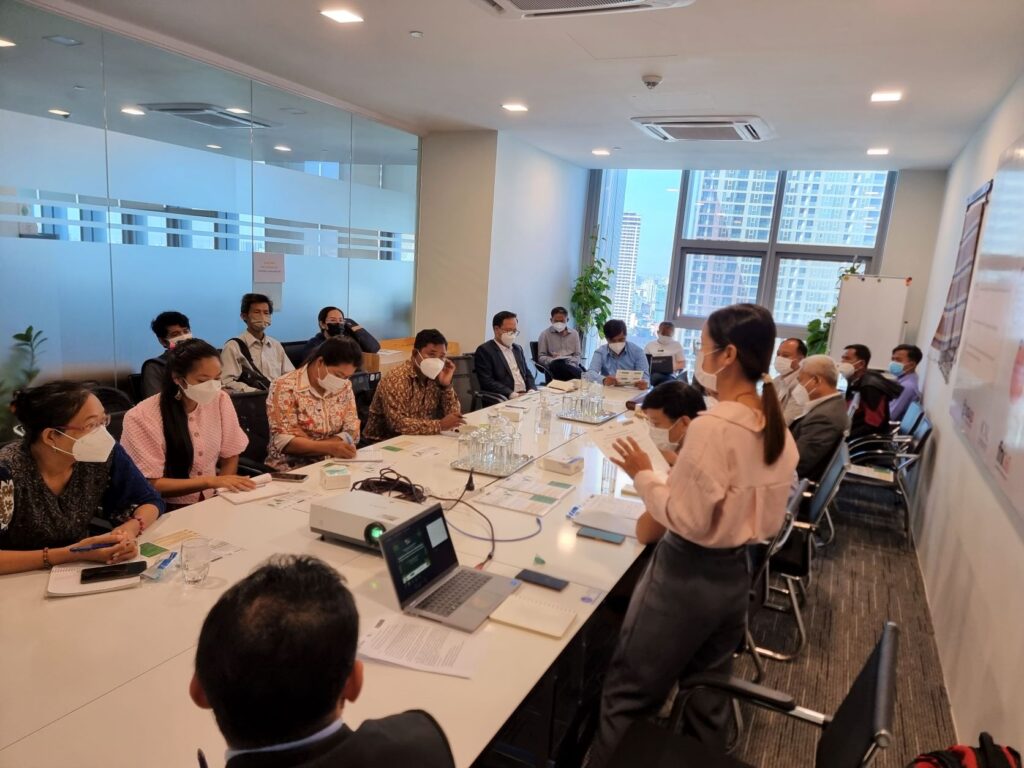
ODC will continue to host the quarterly cluster convention with the cluster member and networks to share lessons learned, information, and prioritized issues on natural resource management, environment, forestry, land, indigenous peoples, the strategic environmental assessment (SEA), and environmental impact assessment (EIA).

